On International Mother Language Day, we asked AfterWord’s followers for their favourite book in translation. Here are some of their top picks.

Ghachar Ghochar by Vivek Shanbhag, translated by Srinath Perur
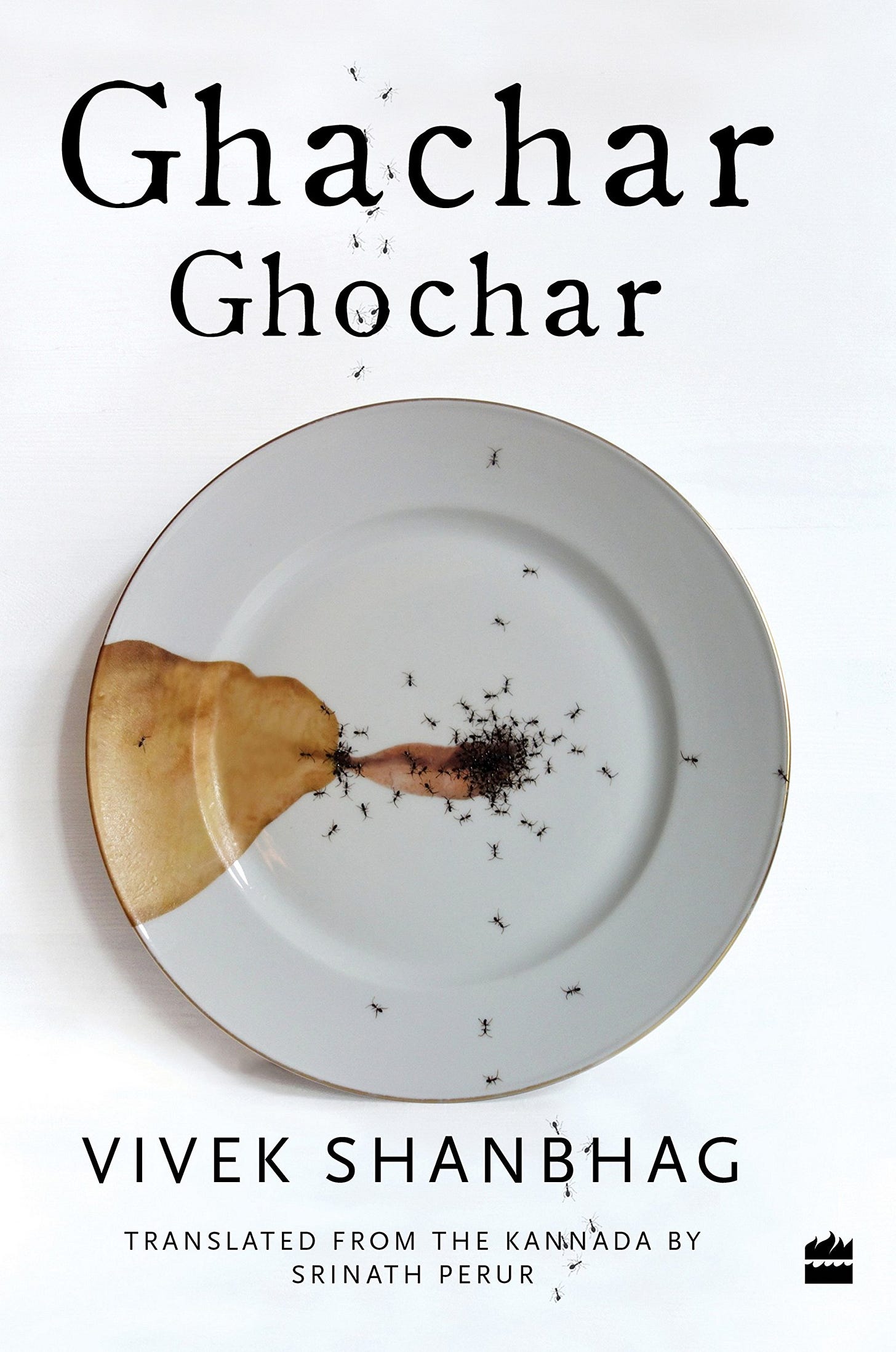
Ghachar Ghochar is an excellently crafted narrative of family life, modernity and financial gain in contemporary India. As a family of six living in Bangalore make it out of destitution through a successful business, fortunes and family life begin to change. The author beautifully captures the complexities of ordinary life, and his nuanced observation of Indian life is fit into this short novel with a tightly knit plot. Dynamics, principles, temperaments and expectations – everything changes with the coming of wealth, and things become “ghachar ghochar” in the family. Perur’s translation of the novel makes sure that the essence of the story is not lost.
Black Soil by Ponneelan, translated by J. Priyadarshini
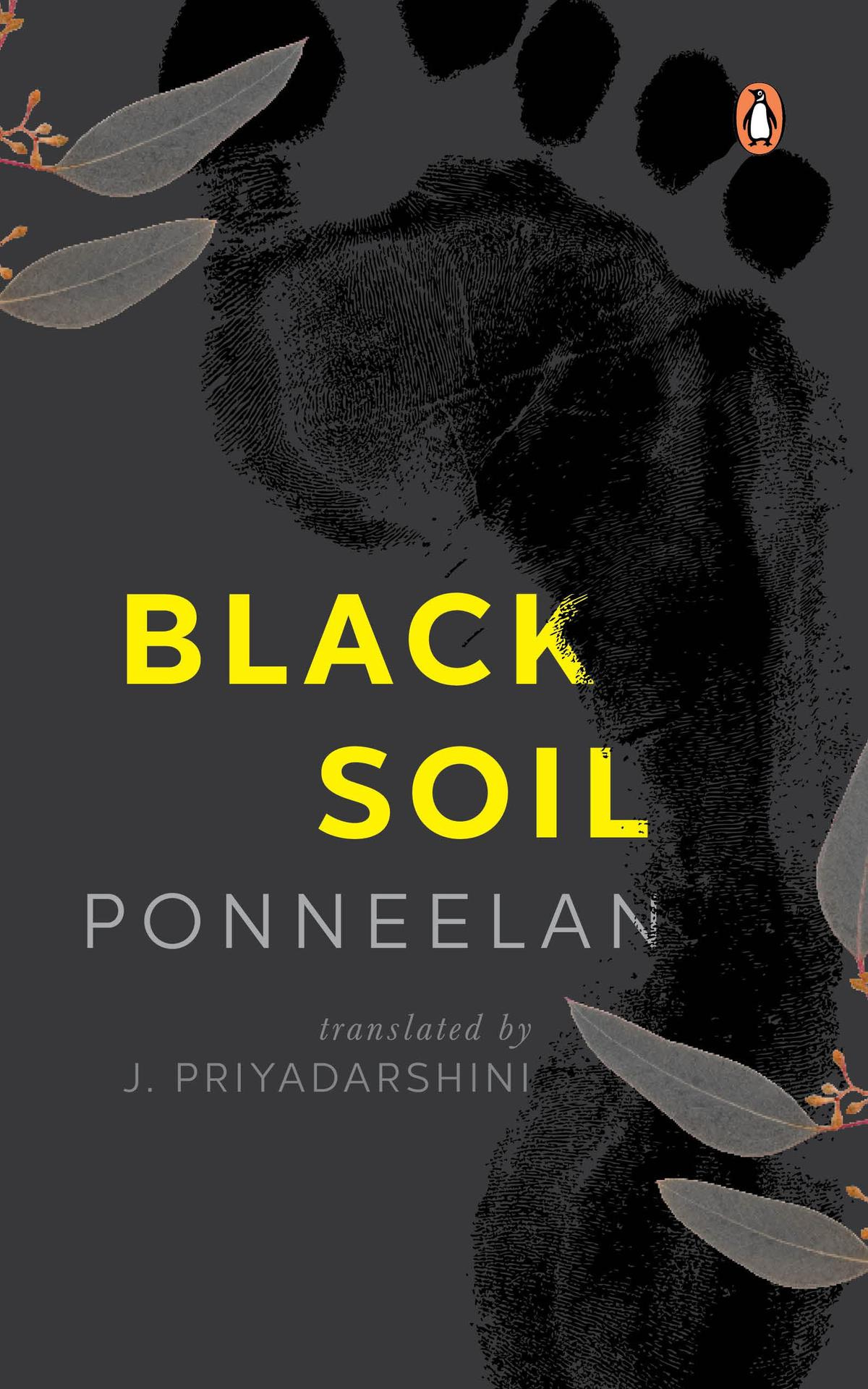
Black Soil is a beautiful story of how a new village school teacher helps the oppressed villagers question and rise against the tyranny of the landowner. Set in rural Tamil Nadu, the novel gives a vivid description of the caste oppression and various social injustices in the village. Kannappan, the school teacher, helps the villagers understand and resist the upper class landlord’s excesses and fight for a better way of life through his gentle and probing conversations with the villagers. What is interesting about this translation by J. Priyadarshini is the granddaughter of the author Ponneelan, and she attempts to help the readers focus on the struggles of ordinary workers in a rural landscape.
Chowringhee by Mani Sankar Mukherjee, translated from Bengali by Arunava Sinha
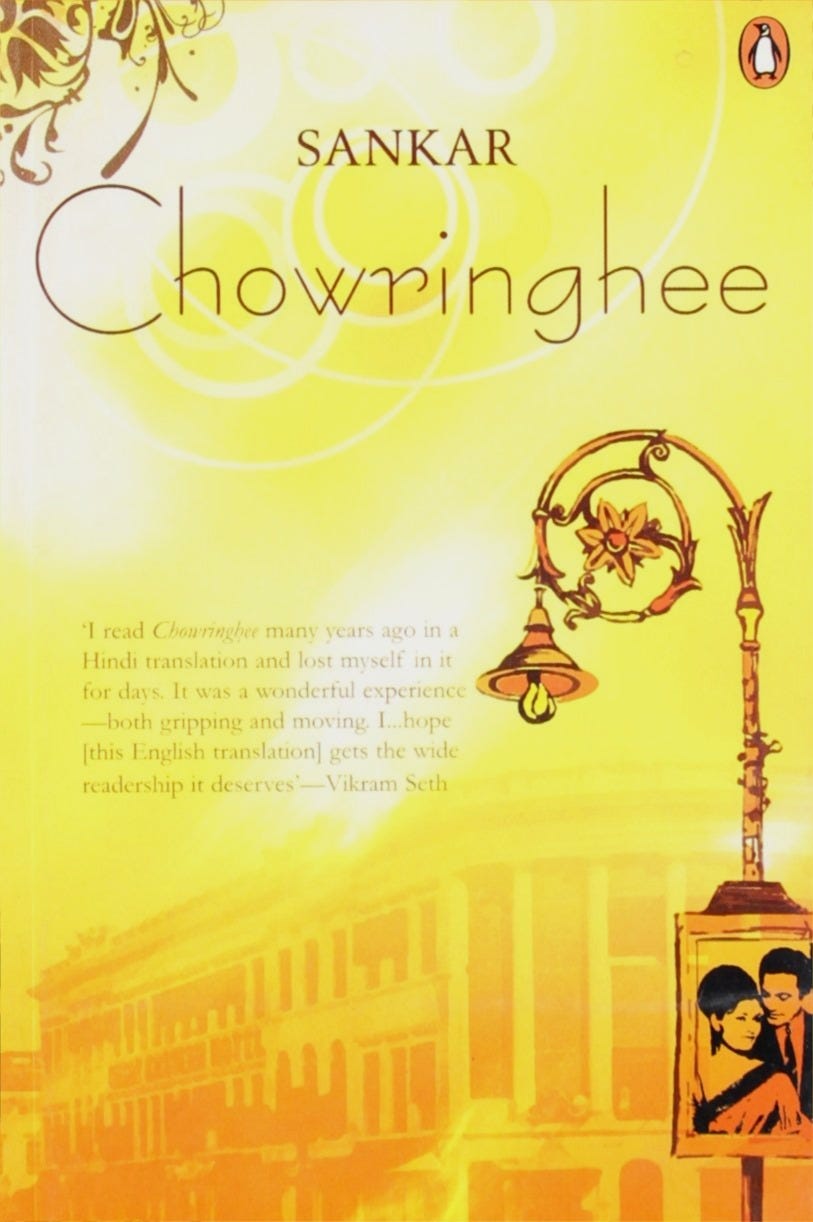
Set in Bengal in the mid 1950s, Chowringhee tells what goes on in the lives of the people who work at and frequent one of Calcutta’s largest hotels, the Shahjahan. The protagonist and narrator, Shankar, is a new lowly employee at the hotel and we hear his perspective of the metropolis as he discovers the secret lives of Calcutta’s elite and explores the underbelly of this class of people – dreams and desires, fulfilled and unfulfilled. It is a novel rife with the drama, scheming, tragedy and allure of the lives of Calcutta’s elite. Chowringhee seamlessly brings together two different sides of life, those who work at the hotel and those who visit it. The characters are enchantingly well written, and Chowringhee remains one of Sankar’s best novels.
Ret Samadhi by Gitanjali Shree, translated as Tomb of Sand by Daisy Rockwell
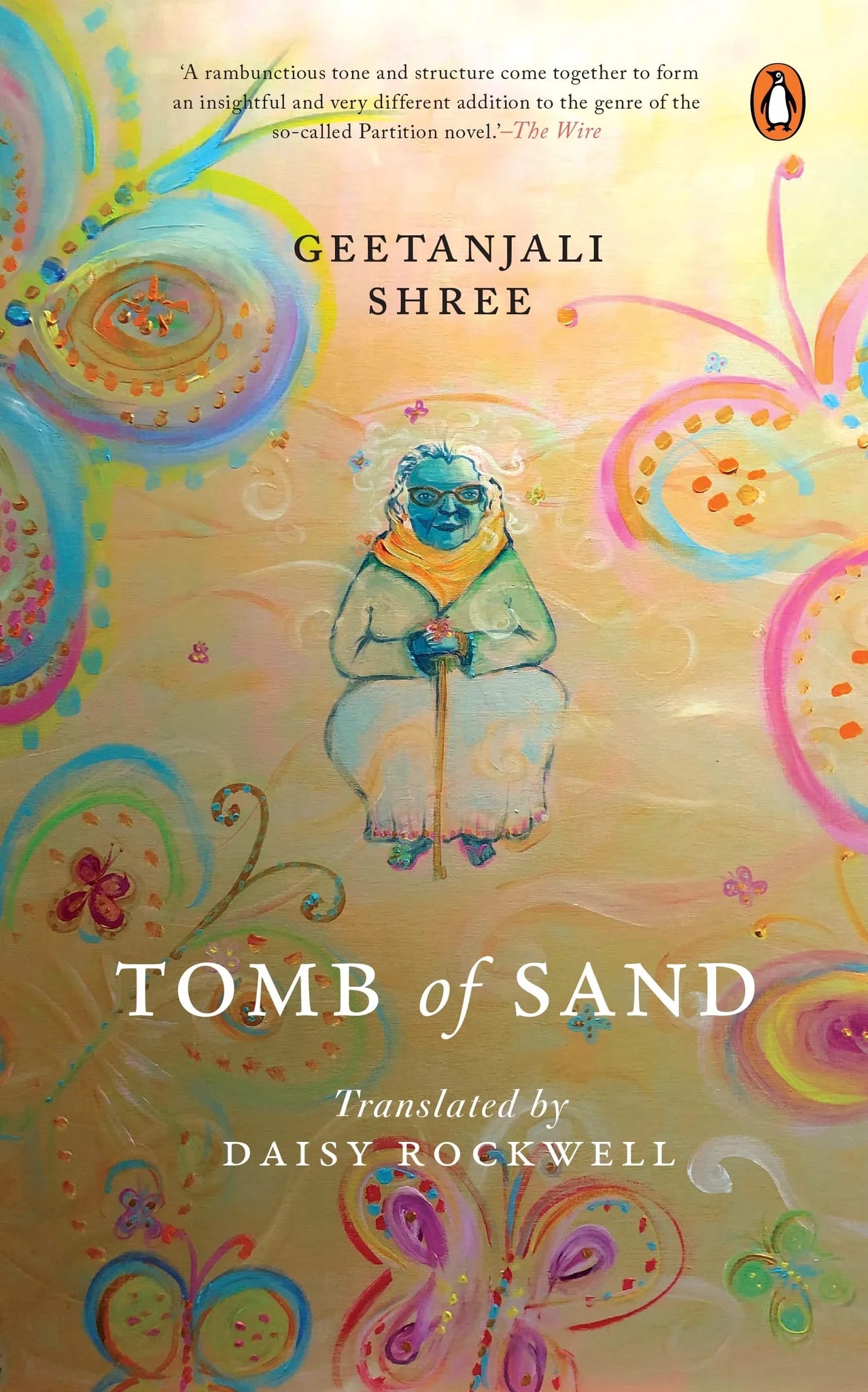
Ret Samadhi is a novel about an 80-year old woman falling into depression after losing her husband. She eventually travels to Pakistan with her daughter, where she lived as a young girl, to confront the trauma of her experience of the Partition. Tomb of Sand won the International Booker Prize in 2022, and became the first novel translated from an Indian language to win the award. The novel deals with some ideas of feminism, gender, identity, and women’s interiority, with a playful tone to the writing used to respond to these questions. Shree’s writing in Ret Samadhi is fragmented and experimental, and to capture its essence, Rockwell chose to preserve some phrases from the original language in her translation. The novel spotlighted the diversity of Indian literature outside of the English language, and also the need for translations to help everyone access them.
Poonachi by Perumal Murugan, translated from Tamil by N. Kalyan Raman
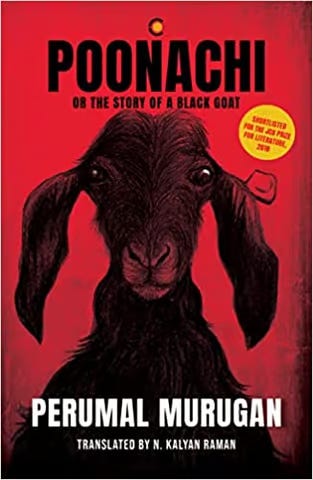
Poonachi is a heartbreaking tale of a weak orphan goat kid, who is gifted to an old couple. The goat kid experiences life as a human would – being in circumstance humans would, and through her thoughts we receive a scathing commentary on gender, poverty, authority and hierarchy, and also the condition of livestock. Poonachi is a political novel that focuses on greed, cruelty, poverty and how the weak are subjugated in society. Poonachi’s story comes to represent the condition of women, as they experience life, love, joy, and heartbreak. Murugan’s writing brilliantly captures the agricultural landscape and the perspective of a little goat.
Quiver by Javed Akhtar, translated by David Mathews
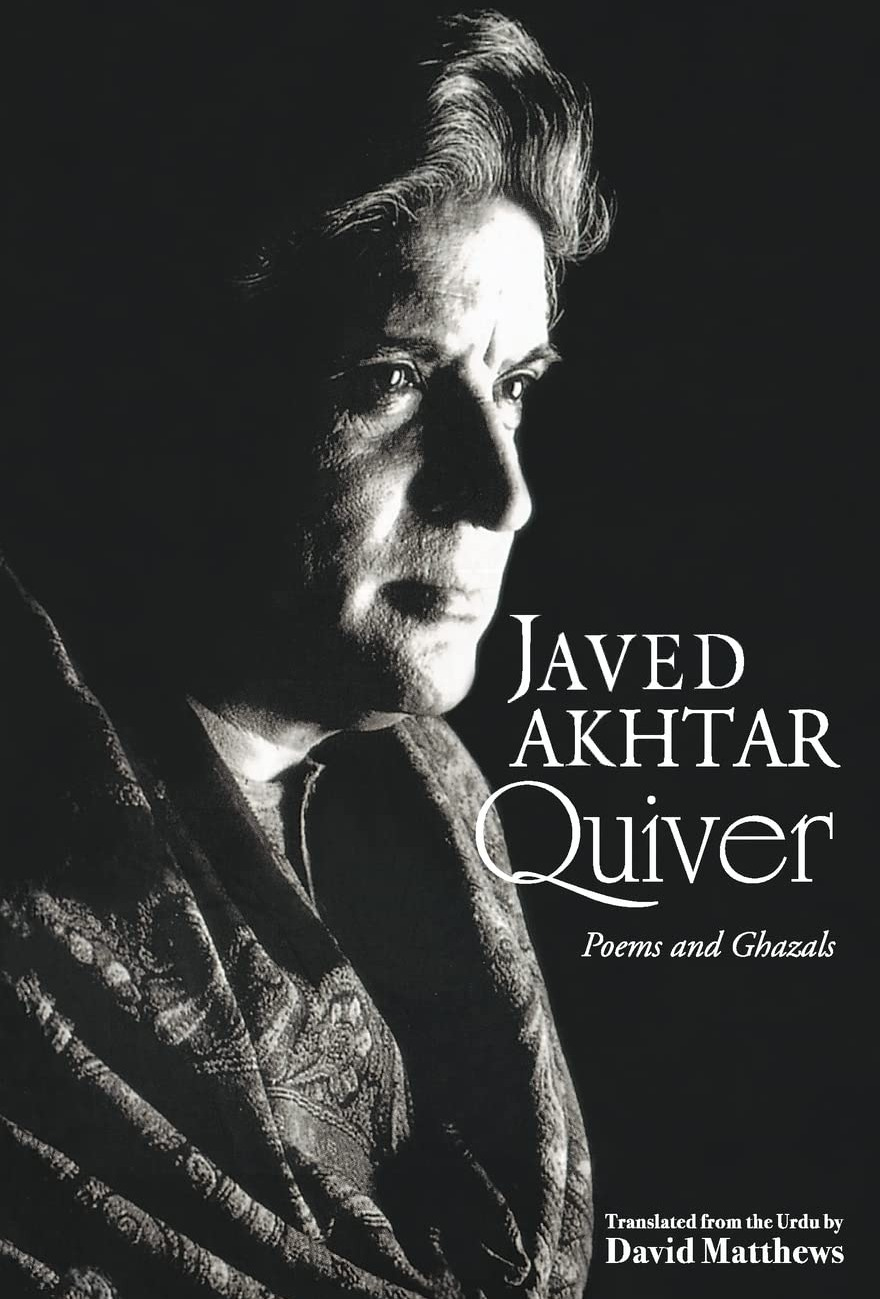
Quiver, a collection of Akhtar’s poetry on his memories of childhood and the passage of years, is a beautiful and mesmerising piece of work. It recounts a journey of Akhtar’s struggles, and his thoughts on love, suffering and beauty. While Akhtar’s writing is simple and easy to understand, his poetry also expresses more profound and intricate ideas on love, struggles and the passage of time.
One Part Woman by Perumal Murugan, translated by Aniruddhan Vasudevan
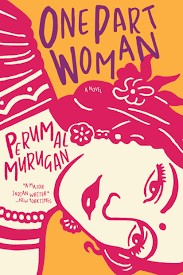
One Part of Woman is a story of the marriage of Kali and Ponna, marred by the couple’s inability to have children. The couple is plagued by taunts and insults, and after visiting countless temples, the couple takes part in the festivities of a local temple to solve their problem. For one night, all societal conventions are relaxed and everyone can engage in any consensual affair. The novel’s publication sparked a furore, and the existence of the practice described has been a subject of dispute. The novel deals with questions of caste, stigmatisation and patriarchy, and showcases how a loving marriage gets caught in the complex web of societal expectations and personal anxieties.
The First Promise by Indira Chowdhury, translated from Ashnapurna Debi’s Pratham Pratisruti
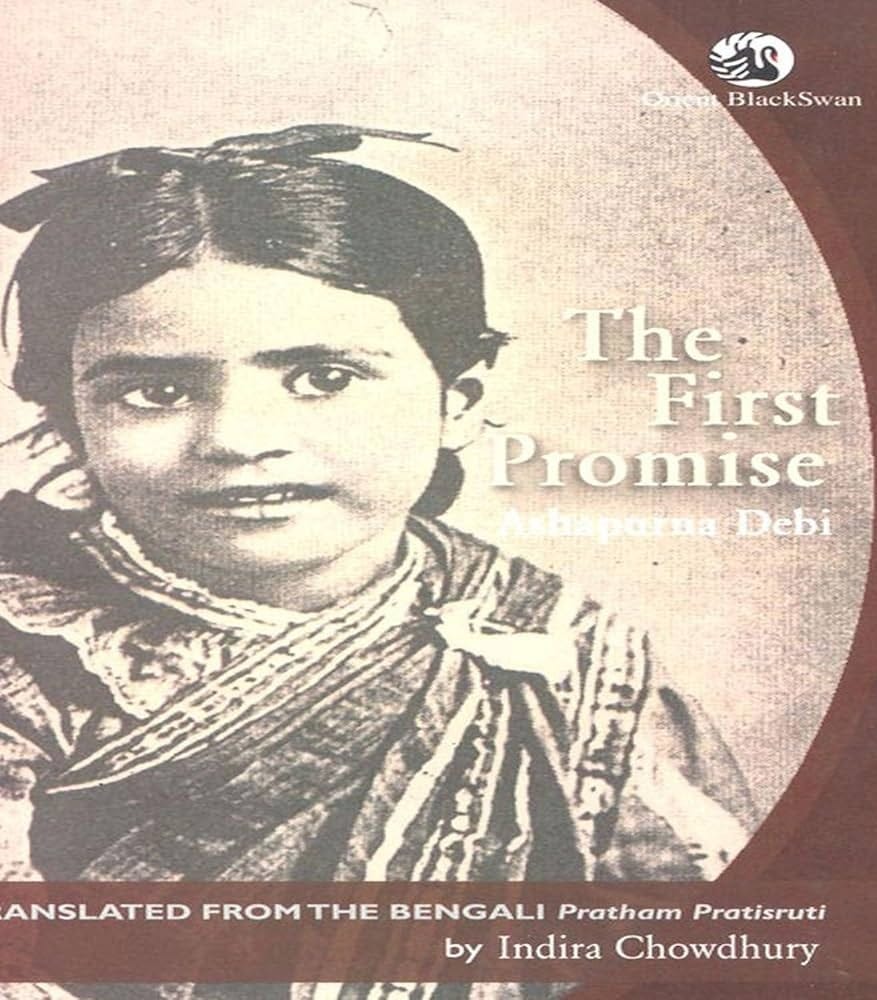
The First Promise is a translation of Ashnapurna Debi’s Pratham Pratisruti, which is originally a Bengali novel. Set in eighteenth and nineteenth century rural Bengal, the novel spans forty years, and explores the life of Satya, a young girl who is married at the age of eight. Satya is a rebellious and intelligent character – even at her young age, she questions tradition and never settles. It is set in a context where Satya deals with the important questions of women’s education, social reform and oppression in colonial Bengal. A groundbreaking work in its time, it also showcases the challenges of empty promises held out by modernity.
Those Days by Sunil Gangopadhyay, translated by Aruna Chakravarti
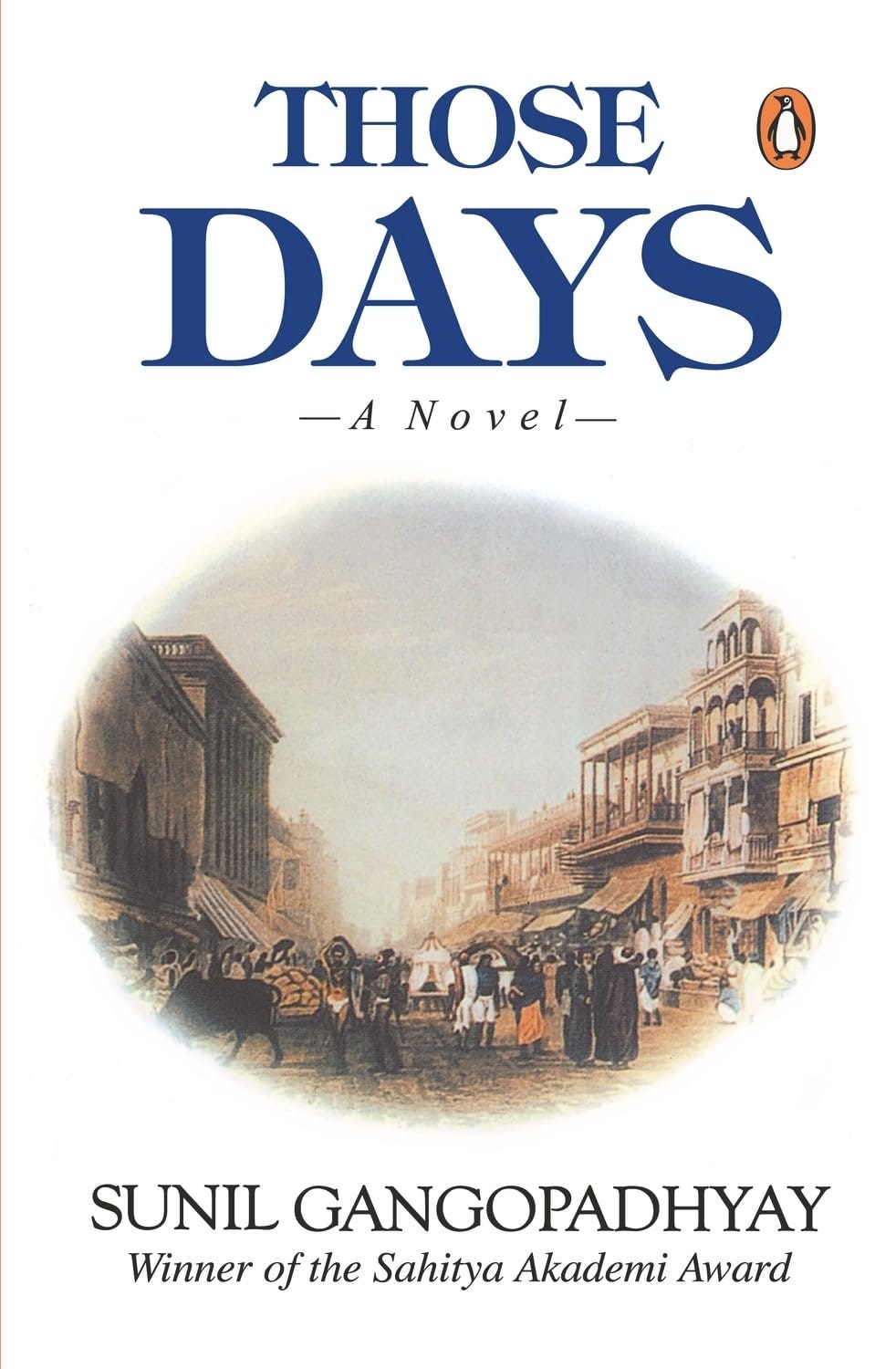
Those Days is a beautifully woven narrative, set during the Bengal Renaissance, starting in the 1820s. It is a historical novel that gives us a wonderful portrait of India, and tells the story of Nabinkumar, and his experiences. To give us a sense of the period and the changing times, Gangopadhyay incorporates historical figures like Ishwar Chandra Vidyasagar, the father and son duo of Dwarkanath Tagore and Debendranath Tagore, Harish Mukherjee, Keshab Chandra Sen and more. The characters, the plot and how they interact makes Those Days a well crafted story, and a freshness despite the historical setting.
The Murderer’s Mother by Mahasweta Devi, translated by Arunava Sinha
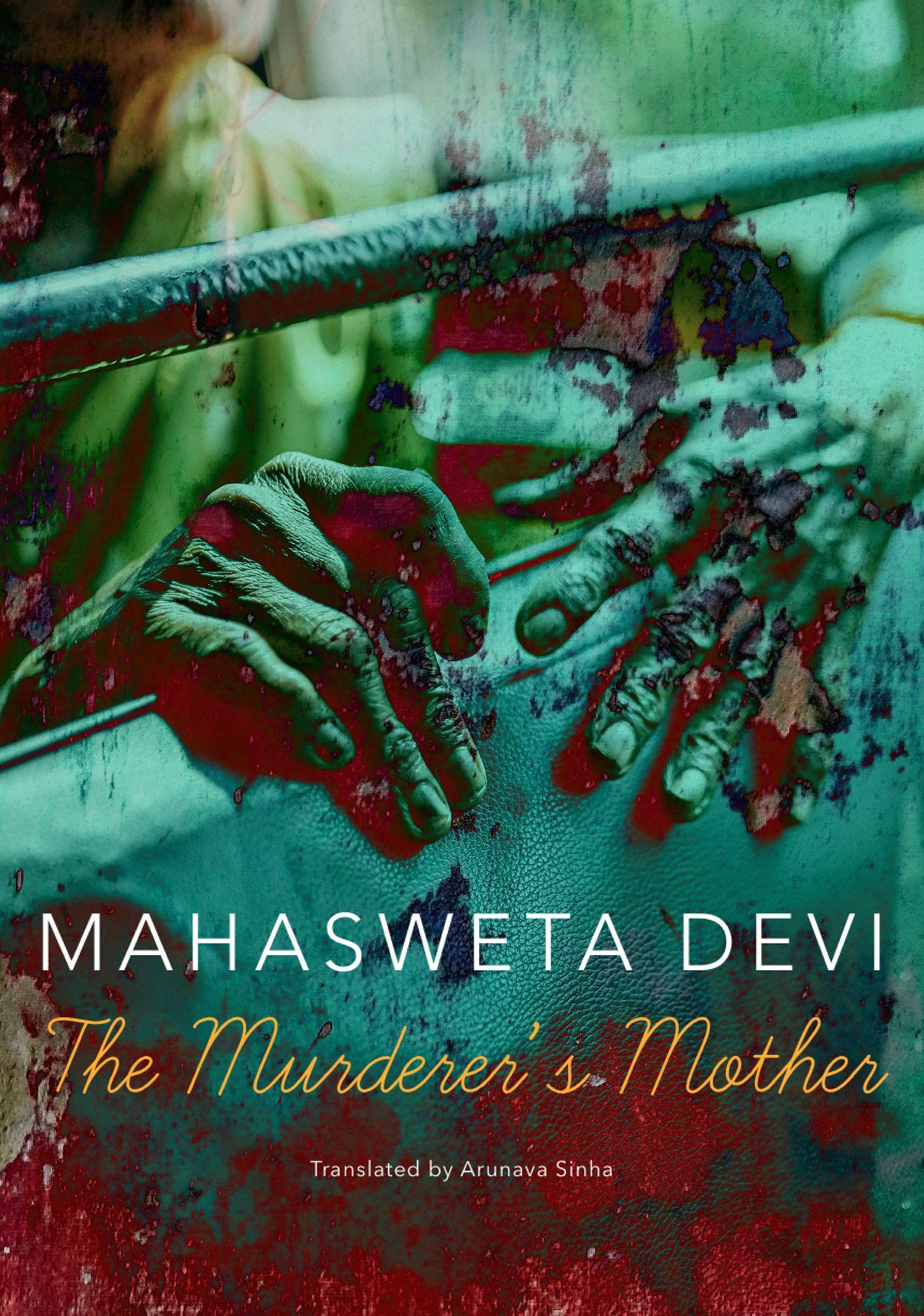
The Murderer’s Mother is a biting story set in Calcutta in the 1970s, amidst the political backdrop of a formative phase of Naxalite insurgency, and a period of great political change due to the state of Emergency in 1975. The political changes are central to the novel, as we explore the story of a young man named Tapan. Tapan gets caught in a web of political chaos and shady enterprises, as he starts working for a local goon. Even though Tapan is unwilling to partake in the crimes, he finds himself benefiting from them. Ultimately, he is killed while trying to save a girl from prostitution, the knowledge of which frees his mother from the shame of his immoral acts.
About the Author:
Pakhi Daswani is a student of English Literature at St. Stephen’s College, Delhi. Currently, she is an intern at AfterWord.
